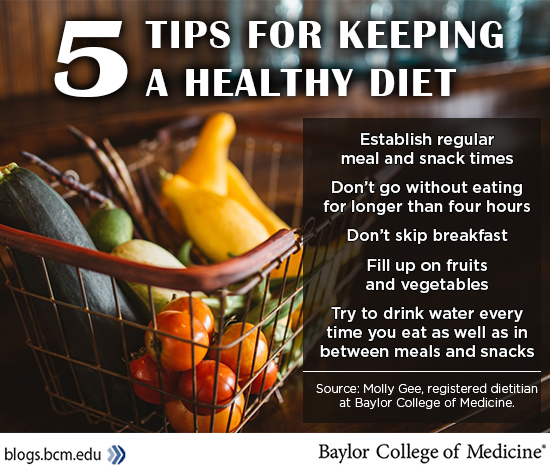Use the following five healthy diet tips to improve your diet at your own pace. For best results, take it slow.
Rather than changing your eating habits overnight, try to adopt one tip at a time, see how you do with it, then tackle another one. Without further ado, here are five healthy diet tips to get you started.
How much food do you need?
Everyone has a genetic metabolism, or rate at which the body burn calories and is controlled by specific hormones. We even have a genetic amount of bodyfat cells and genetic levels of a hormone that controls hunger.
The point is that we are all different. A one-size-fits-all diet might not be right for you. To estimate the number of calories you need, check out How to Count Calories.
If you really want to know how many calories you burn on a daily basis, you need something like Bodybugg or BodyGem. Ultimately though, proper nutrition is your best friend.
Find a good diet program that you are comfortable with, if you do not know where to start, take a look at this program or Burn The Fat, Feed The Muscle. These are not some fad diets and they do not promise miracles, but they do work very well.
Space your food out appropriately during the day.
The cliché of eating smaller, more frequent meals should not be ignored. On average, the body can use only 300-500 calories at a time. When a higher number of calories is consumed, the body begins storing bodyfat.
With smaller meals, you not only avoid a possibility of a new fat storage, but you also keep energy levels more stable with less blood sugar highs and lows.
Limit carbs wisely.
Some experts believe that carbohydrates are the body’s preferred source of energy. While we do not necessarily agree with this notion, they have a point. If you consume too many carbs, your body will not use up energy from another source that comes from stored fat.
Moderately limiting carbs, therefore, is important. To keep your metabolism high and support your weight loss, start with a carbohydrate intake (in grams) equal to the amount of your lean body mass (in pounds).
In other words, a 250-lb individual with 190 lbs. of lean body mass should start with 190 grams of carbs per day.
Monitor your fat intake.
Although there are essential fatty acids found in fish oils and some plant oils that good for you, foods like double cheeseburgers, potato chips and heavy salad dressings can ruin an otherwise nutritious meal. Limit your total fat intake to about 35 grams of fat per day.
Reduce hunger with protein.
The human body can survive without much protein, but when you increase your daily protein intake to at least 0.7 gram per pound of your bodyweight, good things start to happen.
Hunger levels go down. Protein slows digestion, decreases carb cravings, increases fullness and can stabilize energy levels.
It also provides the amino acids necessary for cell repair and replication, muscle recovery, for the immune system to function properly and every chemical process that occurs in the body. [Source: Best Body]

